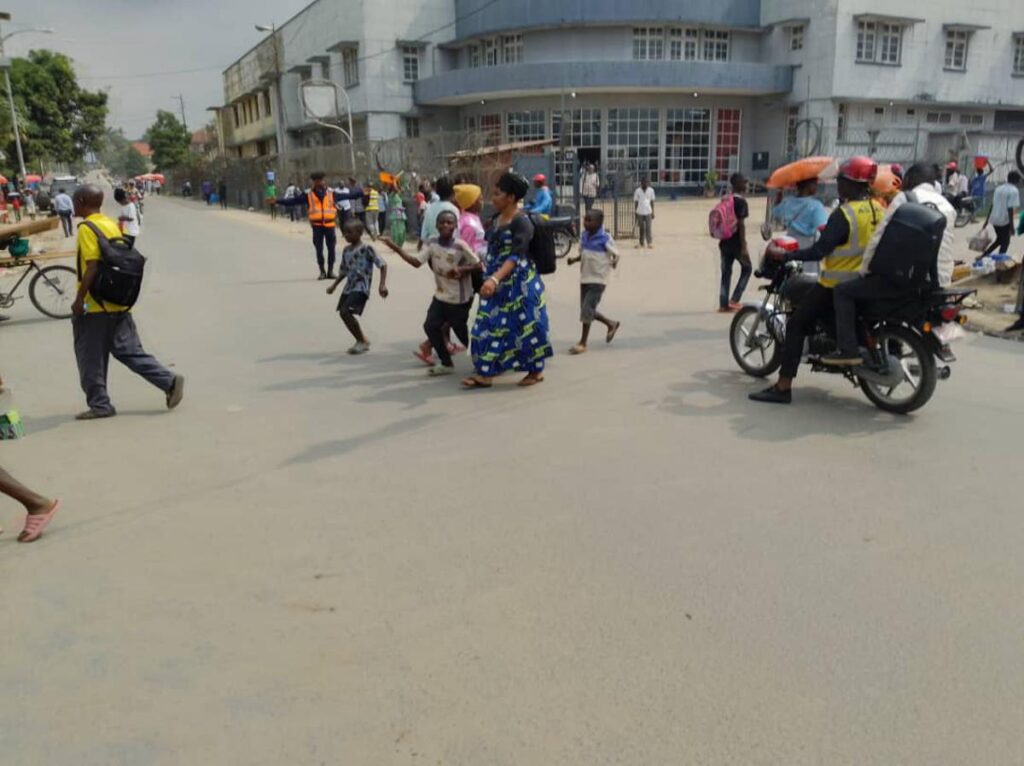
The Democratic Republic of the Congo (DRC) finds itself in the grips of one of the most complicated and enduring conflicts globally, with rising violence in the eastern regions raising deep international concern. A compilation of insights from respected sources like Critical Threats, Egmont Institute, BBC, CFR, and Al Jazeera paints a sobering picture of a crisis driven by armed groups, geopolitical tensions, and overwhelming humanitarian need.
Understanding the Conflict’s Roots
This conflict has its origins in the aftermath of the 1994 Rwandan genocide, which spilled over into the DRC, igniting years of instability. Today, the eastern provinces are home to over 120 armed groups, with the M23 rebels, supported by Rwanda, standing out as particularly influential. Although a ceasefire was declared in 2023, violence has erupted once again, resulting in widespread displacement and heightening ethnic conflicts (CFR, Al Jazeera).
The Current Situation
Recent updates indicate a troubling increase in violence, especially in North Kivu. The Congo War Security Review from April 2025 reports heightened M23 attacks near Goma, endangering major communities. The Congolese military (FARDC), together with allied groups such as the Wazalendo, is struggling to manage the rebellion, often at the cost of committing human rights violations (Critical Threats).
A Humanitarian Crisis
The Egmont Institute vividly illustrates the dire circumstances in eastern DRC, overwhelmed by “violence and famine.” There are over 7 million displaced individuals and 25 million in urgent need of assistance. Armed groups have set up blockades that paralyze supply routes, resulting in severe malnutrition and outbreaks of disease. Instances of sexual violence and the recruitment of child soldiers remain alarmingly common (Egmont Institute, BBC).
Geopolitical Challenges
The tensions between Rwanda and the DRC are a pivotal part of this conflict. Kinshasa accuses Kigali of supporting the M23, while Rwanda refutes this, citing security issues related to Hutu militias (CFR). Efforts by international bodies, including the UN peacekeeping mission (MONUSCO) and regional military forces, have struggled to bring stability. Critics are voicing concerns as MONUSCO plans its withdrawal (Al Jazeera).
Hopes for Peace
Attempts at peace, including regional mediation and sanctions, have met with limited success. The DRC’s government is under growing pressure to tackle corruption and enhance governance, with increasing demands for accountability regarding war crimes. Absent a political resolution, experts warn that the crisis will only worsen, further destabilizing Central Africa (BBC, CFR).
In Summary
The situation in the DRC embodies a heartbreaking intersection of historical grievances, resource exploitation, and geopolitical strategies. As violence intensifies, it is crucial for the international community to reconsider its approach, holding firm to the belief that every effort matters, lest we face another decade of profound suffering.
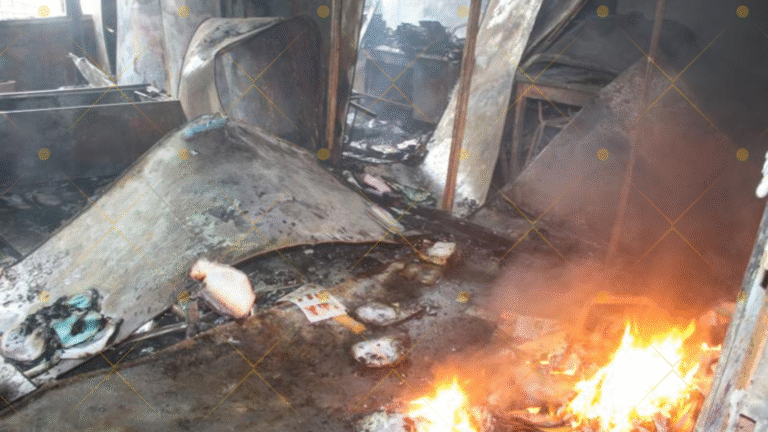
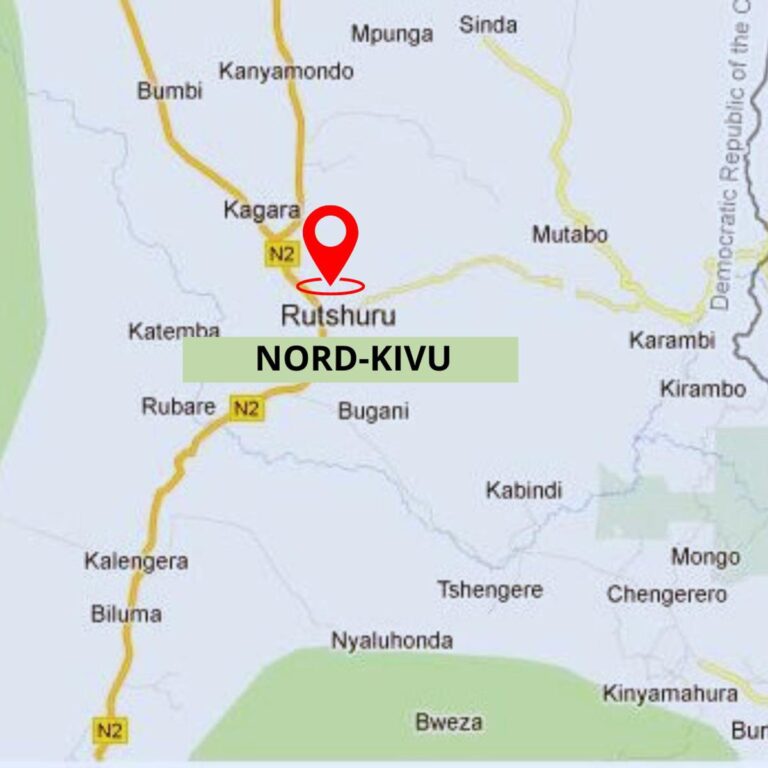
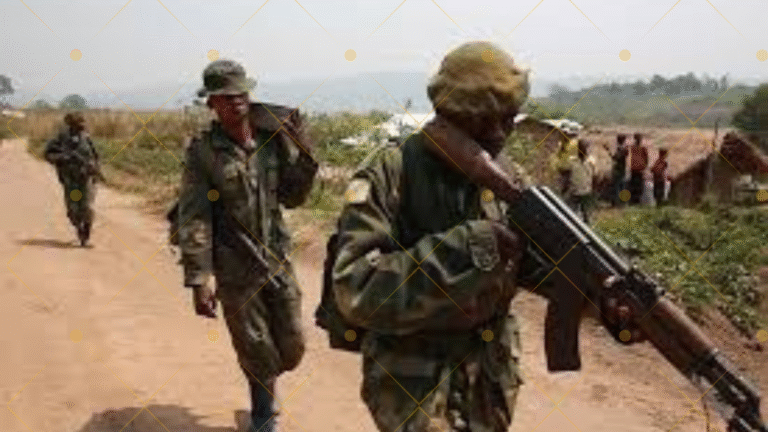
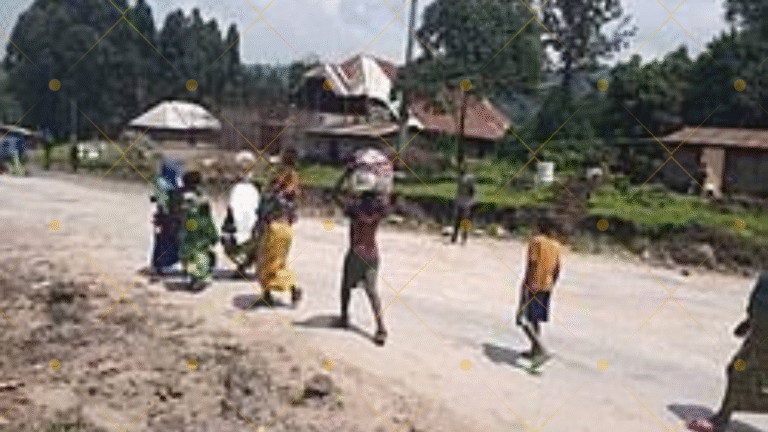
This is disheartening